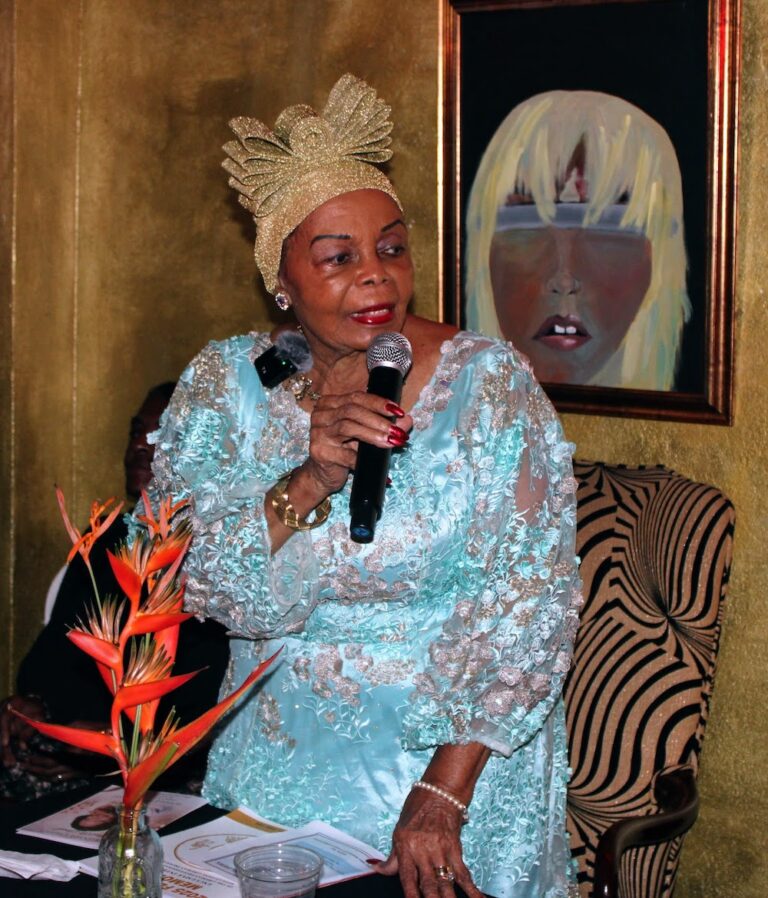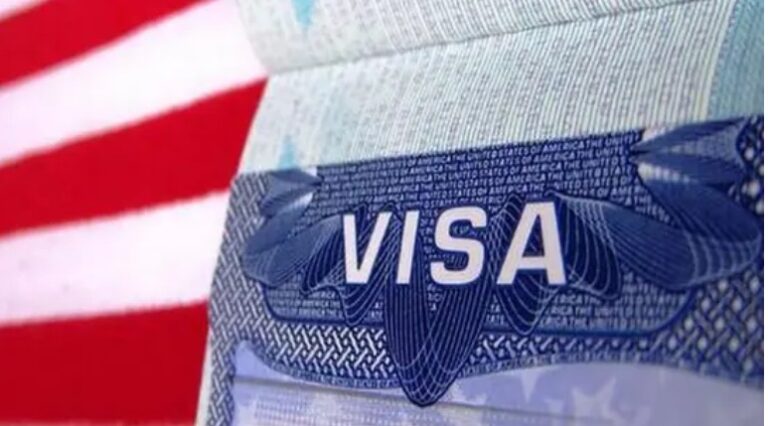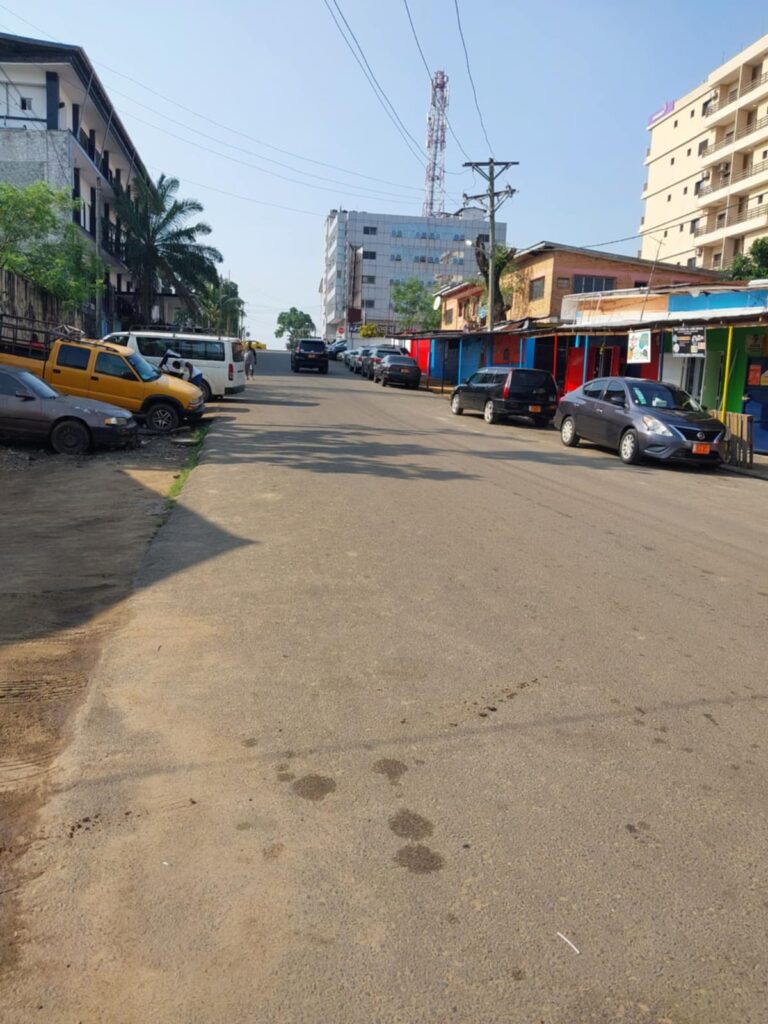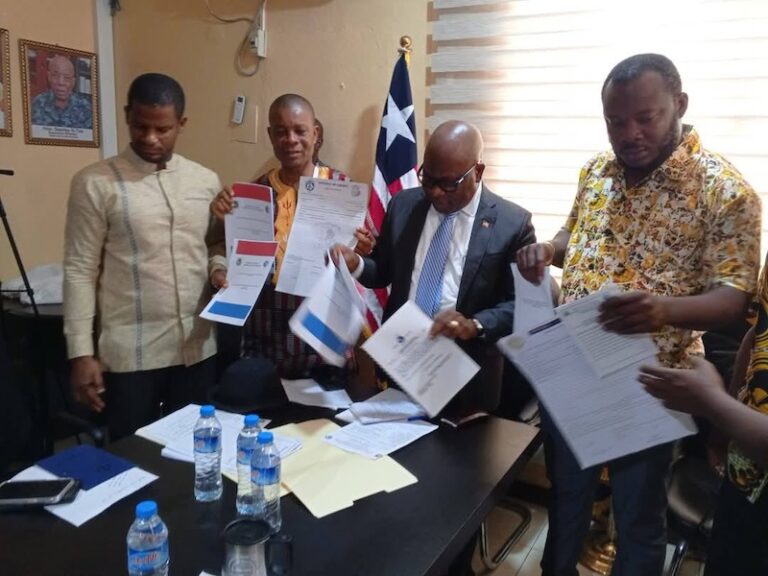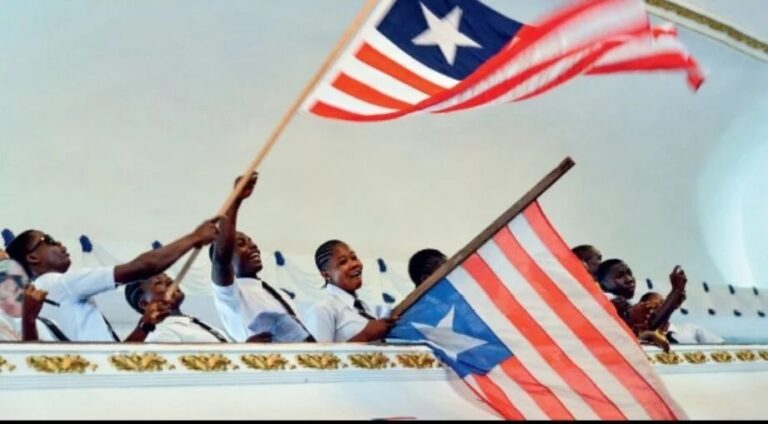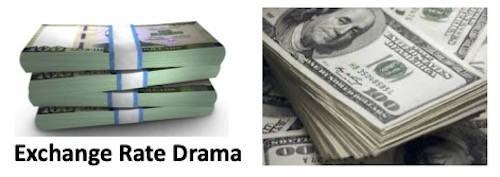
– Why Prices Haven’t Budged and Liberians Deserve Answers
By Rufus S. Berry, MBA – Financial Expert
Over the past week, the Liberian dollar has experienced one of its sharpest shifts in recent memory, moving from L$200 to US$1 to L$160–170 per US$1 across many exchange points. At first glance, this appreciation should have been welcome news for ordinary Liberians. A stronger Liberian dollar theoretically means imported goods cost less, and families should feel some relief at the market stalls and grocery stores.
Yet, reality paints a very different picture. Prices for food, fuel, transportation, and other essentials have barely moved, if at all. Instead, many families are facing extraordinary inflationary pressures: the Liberian dollar in their pockets simply buys less.
Suspicion of Manipulation
What makes this situation even more troubling is the growing suspicion among market observers and consumers alike that this sudden currency movement may not have been entirely organic. It appears to have been a planned maneuver by some money changers or market actors who deliberately held onto Liberian dollars, creating a temporary liquidity crisis. By manipulating the availability of local currency, these actors may have sought to artificially influence the exchange rate and then reap substantial short-term profits at the expense of ordinary citizens.
If these suspicions prove correct, it is more than opportunism, it is economic sabotage that destabilizes markets and undermines public trust.
A Call for Urgent Action
As a financial expert who has spent decades analyzing markets and advising organizations, I see three urgent priorities:
Immediate Investigation by the Central Bank of Liberia (CBL) – The CBL must urgently examine the forces behind this shift. Investigators should track market transactions, identify speculative behavior, and hold accountable those who manipulate the system.
Transparent Communication with the Public – Ordinary Liberians deserve clear explanations. Silence or vague statements only fuel distrust and speculation.
Policy Measures to Stabilize Prices – Stronger oversight of currency trading, closer collaboration with importers and wholesalers, and effective monitoring mechanisms must be put in place to ensure exchange rate gains benefit the public.
Liberia’s economy depends on public confidence. When the numbers look good on paper but fail to translate into real-world relief, that confidence erodes. The hard-working market woman in Red Light, the taxi driver in Paynesville, and the teacher in Ganta cannot afford to watch a stronger dollar pass them by while prices remain sky-high.
This is a pivotal moment for the Central Bank and regulators to demonstrate that Liberia’s financial system will not be hijacked by opportunists. Without swift and decisive action, we risk deepening public frustration and undermining the economic stability essential for national growth.
Liberia deserves a financial system where progress on paper is progress in reality. The numbers must not deceive us; our people cannot afford for them to.








